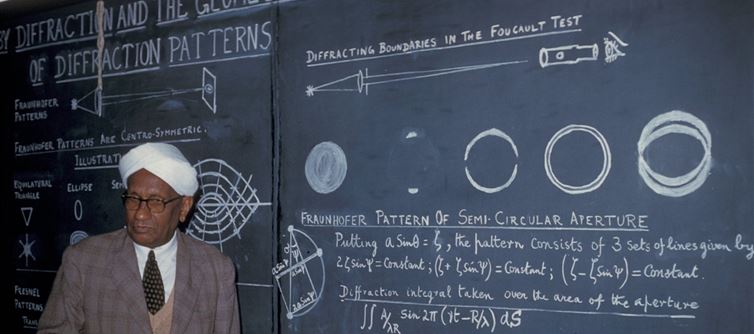
Raman's emphasis was not merely a rejection of religious dogma, but a call to action. By stating that “the only thing that is true is that a man is born, he lives and he dies,” he redirected focus from speculative afterlife doctrines to the realities of this life. His message encouraged individuals to find meaning, responsibility, and purpose in their present existence rather than in imagined futures. This view promotes ethical living based on humanistic principles, where actions are guided not by fear of punishment or reward in another world, but by intrinsic values and societal responsibility. It resonates with philosophies that stress living consciously, compassionately, and productively in the here and now.
Furthermore, Raman’s perspective can be seen as an attempt to inspire intellectual independence and personal integrity among indians at a time when colonial influence and traditional orthodoxy often constrained critical thinking. By advocating for a life grounded in reason and lived with sincerity, Raman was encouraging a modern, progressive India—where inquiry, education, and personal morality take precedence over superstition or fatalism. His words remain a powerful reminder of the value of rational thought and the importance of living a meaningful life based on truth, responsibility, and dignity.




 click and follow Indiaherald WhatsApp channel
click and follow Indiaherald WhatsApp channel